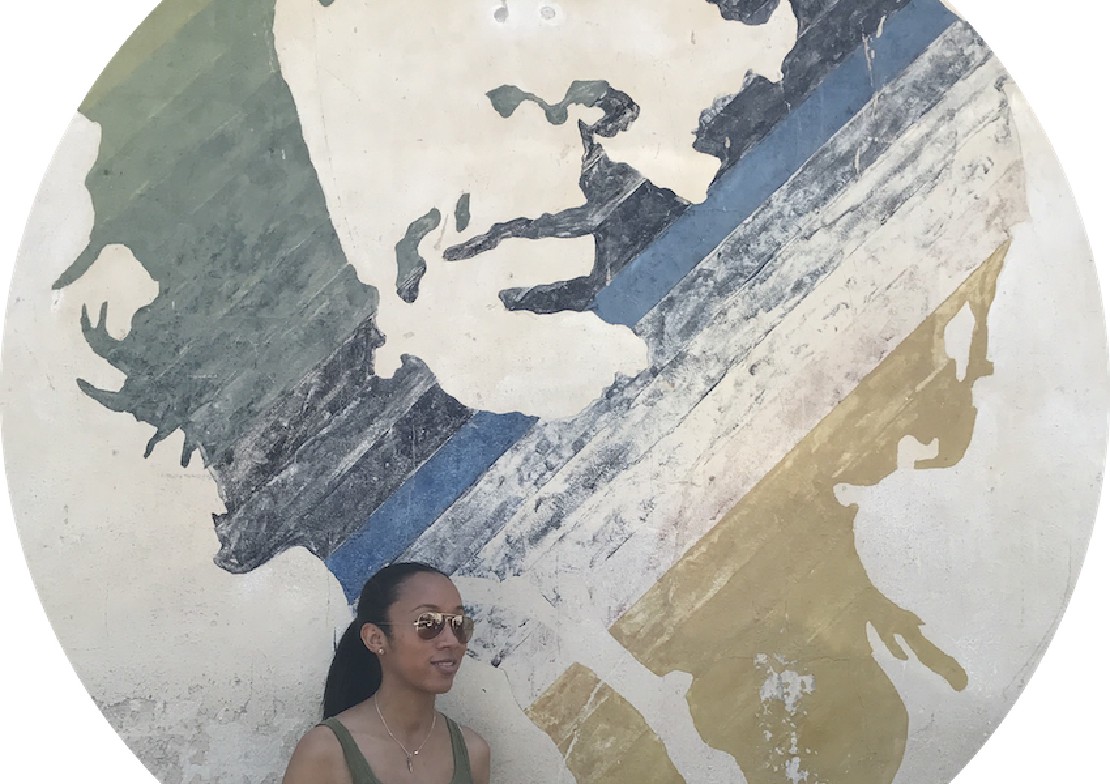I think it’s time I confess something:
I hate writing.
Not really sure what Mr. Gould (High School English teacher) was thinking but I think it’s clear that numbers are much more my jam. I like to read though so it’s not like I dislike words. It’s more like math is perfect. 2 + 2 will always be 4. Perfection is clear. Whereas with writing…it can always be a bit better.
But I digress. The point is this post is embarrassingly late because of me.
This past September 24th was Heritage Day here in South Africa.
In an address marking Heritage Day in 1996, former President Nelson Mandela stated:
“When our first democratically-elected government decided to make Heritage Day one of our national days, we did so because we knew that our rich and varied cultural heritage has a profound power to help build our new nation.”
Some celebrate it with braais (barbecues), others with cultural events but nevertheless, it’s a day to celebrate the diversity of this nation. It’s pretty awesome.
So, some facts:
- Diverse Armies: “On the afternoon of 8 January 1806…Men of many cultures and backgrounds met their end that day. Defending the Cape, two and a half thousand Khoe, Batavians, Malays, Afrikaaners, San, French sailors and Dutchmen stood against the overwhelming forces of the British Empire and their Hungarian and German allies, who had landed at Melkbosstrand to take the Cape away from Napoleon.”
- International Trade: "Autshumato, a member of the Goringhaicona tribe (aka the Strandlopers) learned to trade with passing European ships, even boarding a ship to Indonesia where he learned to speak English and Dutch. In 1632 he moved part of his tribe to Robben Island and set up a trading post and South Africa’s first post office to assist passing ships."
- Cradle of Humanity: "Pinnacle Point, was home to the world’s first modern human civilisation - a people that had culture beyond simply the need to survive. Buried in the cave’s sediments, stockpiles of ochre, a pigment used for body painting were found - dated to be as old as 200,000 years!"
- Madiba: "Nelson Mandela is known by six different names in South Africa. At birth, he was named Rolihlahla Mandela. On his first day of school, his teacher gave him the name Nelson, following the custom back in the 1920s to give all children English names as English colonials ‘couldn’t’ pronounce African names. When he was 16 he was given the name of Dalibhunga (‘creator or founder of the council’) during a traditional rites of passage ceremony. South Africans commonly call him Madiba, which is the name of the Thembu clan to which he belongs, or simply Tata or Khulu, the Xhosa words for ‘father’ and ‘grandfather’."
- A United Flag: "The South African flag was used for the first time on Freedom Day 1994. The V-shape, which flows into a single horizontal band, symbolises the coming together of the different elements in South African society and moving ahead in unity."
- 11 languages: "There are 11 official languages, each with equal status, in South Africa: isiZulu (the most commonly spoken), Afrikaans, isiXhosa (2nd most common), siSwati, Sesotho, Xitsonga, Sepedi, isiNdebele, Setswana, Tshivenda, and English, which is the language of business, politics and the media."
- Tolerance: "South Africa, in 2006, was the first African country and the fifth country in the world to recognise same sex marriage. Discrimination on the basis of sexual orientation was outlawed in 1996, gays have been entitled to serve openly in the military since 1998 and same sex couples can marry, adopt children and have equal access to IVF and surrogacy."
- Innovation: "The first successful heart transplant was carried out in a Cape Town hospital – by Dr Christiaan Barnard on 3 December 1967. Additionally, the CAT (Computed Axial Tomography) Scan, isused in hospitals to produce 3D images of the human body’s internal structures to detect disease, was developed by South African physicist Allan Cormack and British colleague Godfrey Hounsfield. They shared the Nobel Prize for Physiology and Medicine in 1979."
- Common Sense: "South Africa is the only country in the world to build and then decide to dismantle the whole of its nuclear weapons programme. Former president Frederik Willem de Klerk said South Africa had built six crude atomic bombs and had started a seventh during a 15-year clandestine project, when it decided to voluntarily dismantle its arsenal in 1989."
Sources:
